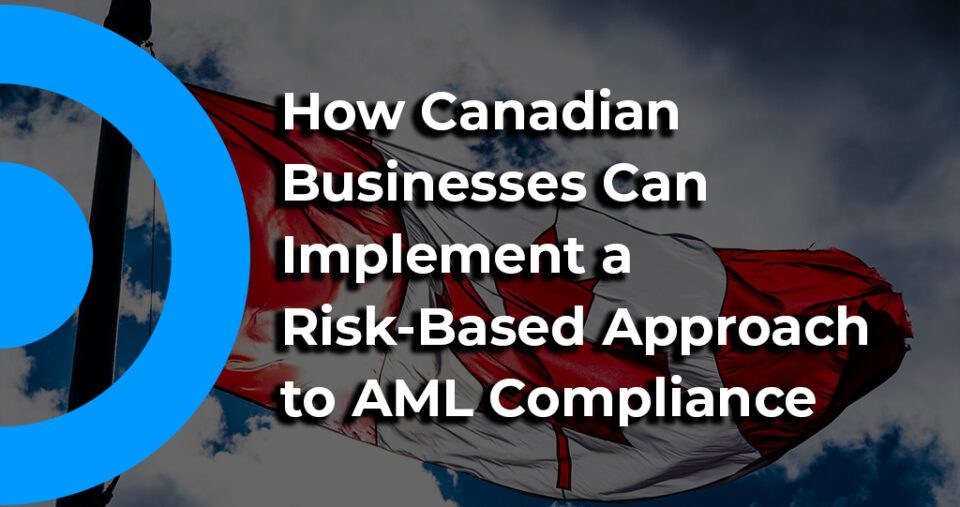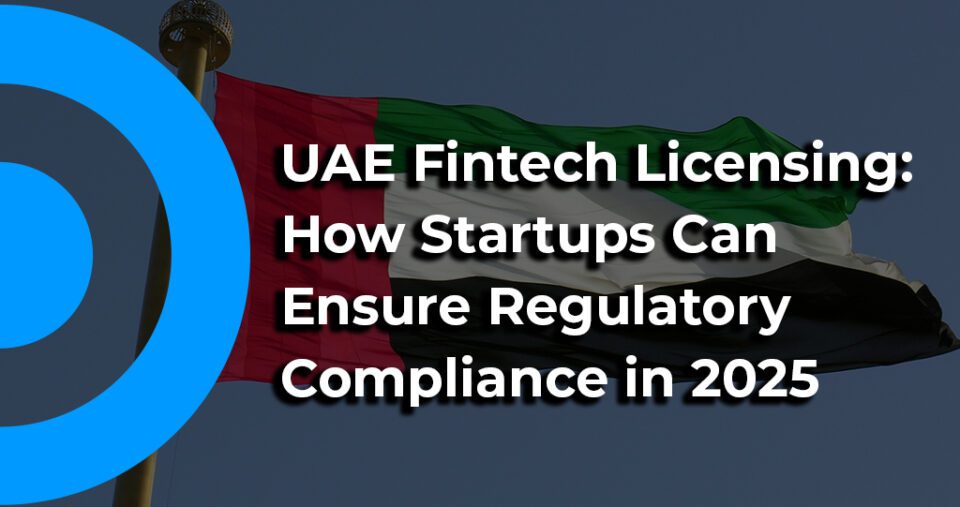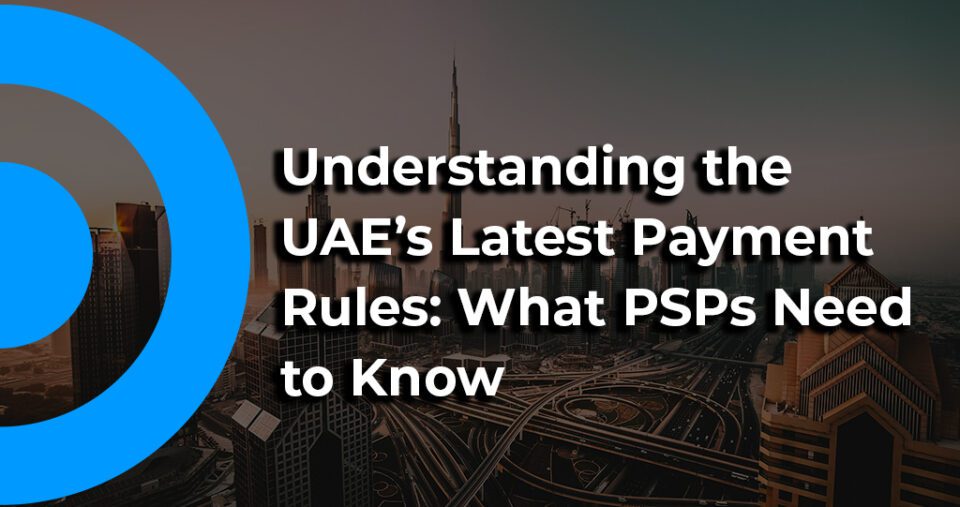
Navigating the Latest FATF Statements: Implications for MSOs in Anti-Money Laundering and Counter-Terrorist Financing
November 25, 2024
Navigating Jurisdictional Risks: FATF’s Impact on Money Service Operators
November 29, 2024The Financial Action Task Force (FATF) plays a pivotal role in setting global standards for combating money laundering and terrorist financing. Recent directives from the FATF have introduced significant updates that directly impact Money Service Operators (MSOs). Understanding these developments is crucial for MSOs to maintain compliance and uphold the integrity of the financial system.
Overview of Recent FATF Directives
In its October 2024 plenary, the FATF approved two key assessment reports:
Argentina’s Assessment: The joint FATF-GAFILAT assessment of Argentina highlighted the country’s progress in implementing anti-money laundering (AML) and counter-terrorist financing (CFT) measures. However, it identified areas requiring further enhancement to align with FATF standards.
Oman’s Assessment: The joint FATF/MENAFATF assessment of Oman underscored the nation’s commitment to strengthening its AML/CFT framework. The report provided recommendations for improving the effectiveness of its measures.
Read more on: MSO License in Hong kong
These assessments reflect the FATF’s ongoing efforts to evaluate and guide countries in enhancing their AML/CFT regimes.
Implications for Money Service Operators
MSOs, including money transfer services, currency exchange businesses, and digital payment platforms, are integral to the financial ecosystem. The FATF’s recent directives have several implications for MSOs:
Enhanced Due Diligence: MSOs are expected to implement more rigorous customer due diligence (CDD) processes, especially when dealing with high-risk jurisdictions. This includes verifying the identities of customers and understanding the nature of their transactions.
Risk-Based Approach: The FATF emphasizes the adoption of a risk-based approach, allowing MSOs to allocate resources effectively by focusing on higher-risk areas. This approach ensures that AML/CFT measures are proportionate to the risks identified.
Reporting Obligations: MSOs must ensure timely and accurate reporting of suspicious activities to relevant authorities. Failure to comply can result in penalties and damage to reputation.
International Cooperation: The FATF encourages MSOs to collaborate with international counterparts to share information and best practices, enhancing the global fight against financial crimes.
Data Insights on Money Laundering and Terrorist Financing
Understanding the scope of money laundering and terrorist financing is essential for MSOs to tailor their compliance strategies effectively. According to the United Nations, developing countries received over USD 400 billion in remittances from migrants living abroad in 2014. However, like other financial institutions, MSOs are also vulnerable to abuse for the purpose of money laundering and terrorist financing.
The FATF’s 2024 report indicates that while many countries have made significant progress, challenges remain in fully implementing effective AML/CFT measures. The report highlights the need for continuous improvement and adaptation to emerging threats.
Strategies for MSOs to Enhance Compliance
To align with the latest FATF recommendations, MSOs should consider the following strategies:
Regular Training: Conduct ongoing training sessions for staff to stay updated on AML/CFT regulations and emerging trends.
Robust Monitoring Systems: Implement advanced transaction monitoring systems to detect and report suspicious activities promptly.
Engage with Regulators: Maintain open communication with regulatory bodies to understand expectations and seek guidance on complex issues.
Continuous Risk Assessment: Regularly assess and update risk profiles to adapt to changing market conditions and emerging threats.
The Role of Compliance Experts
Given the complexities of the regulatory landscape, partnering with compliance experts is crucial. Compliance professionals offer:
Expert Guidance: Assistance in interpreting and implementing regulatory requirements.
Risk Assessment: Evaluating and mitigating potential compliance risks.
Training Programs: Educating staff on compliance protocols and best practices.
Partner with PayCompliance
At PayCompliance, we specialize in assisting businesses with regulatory compliance, offering tailored solutions to meet the specific needs of MSOs. Our team of experts is ready to guide you through the complexities of the latest FATF directives and ensure your operations align with global standards.
Contact Us Today
Don’t wait until the last minute. Reach out to Paycompliance now to begin your compliance journey. Our dedicated team is here to support you every step of the way.
For more information or to schedule a consultation, visit our website or contact us directly. Ensure your business is prepared for the future of financial regulations.



